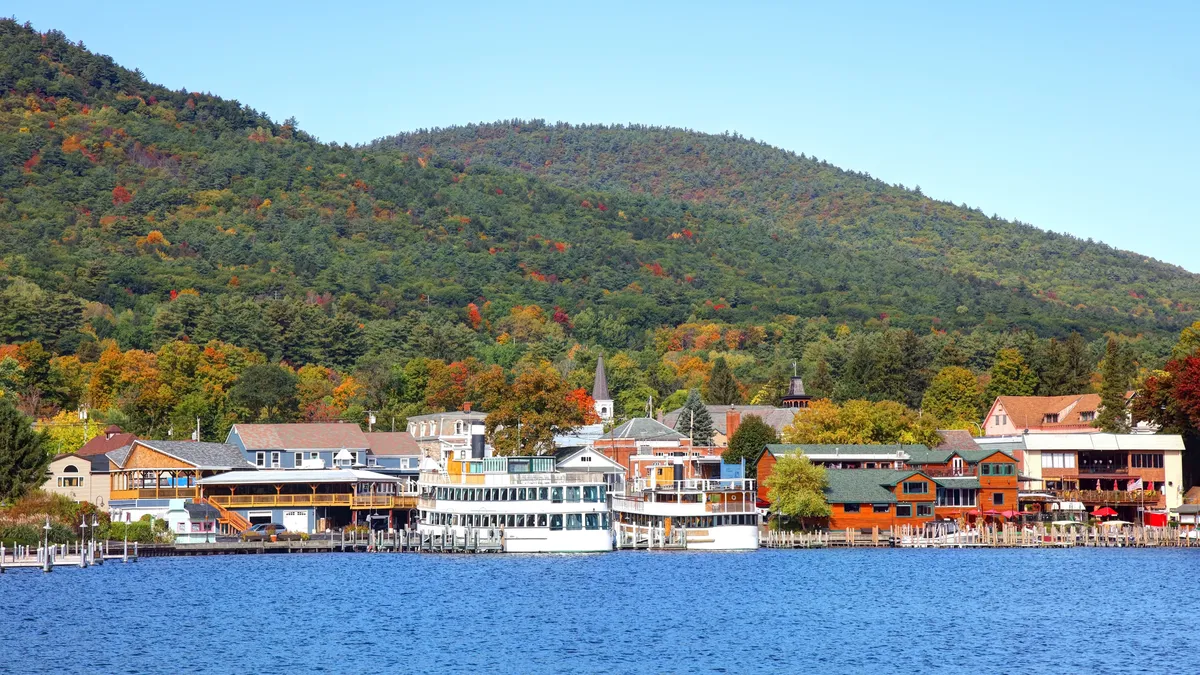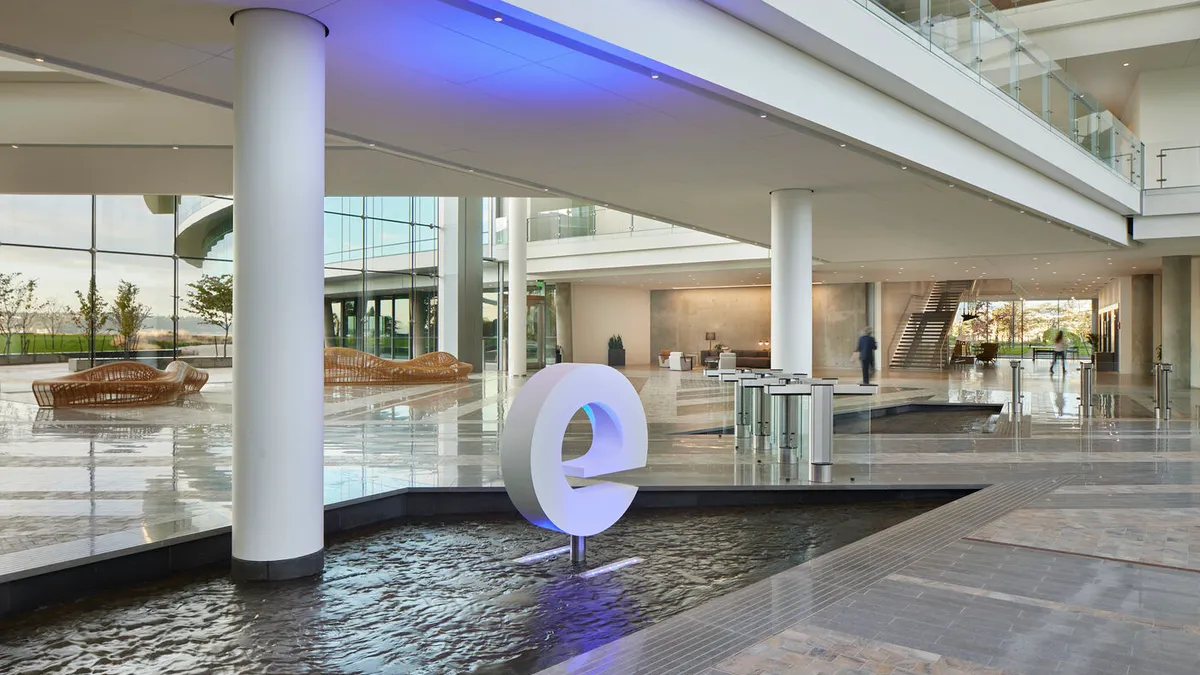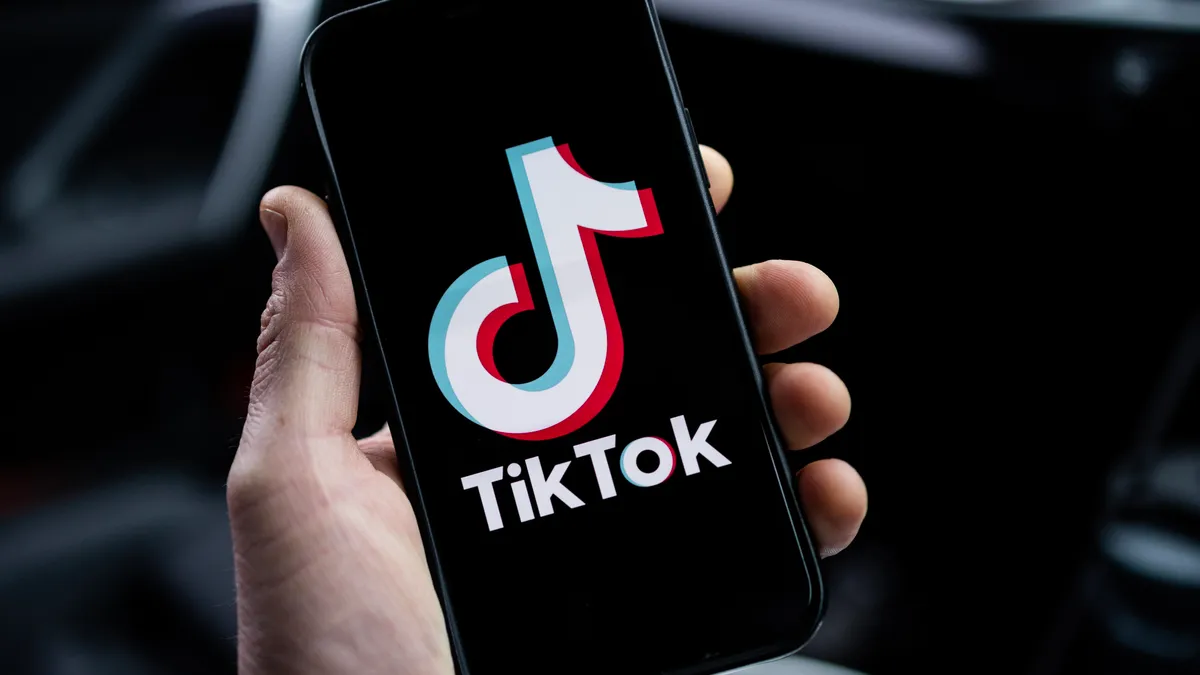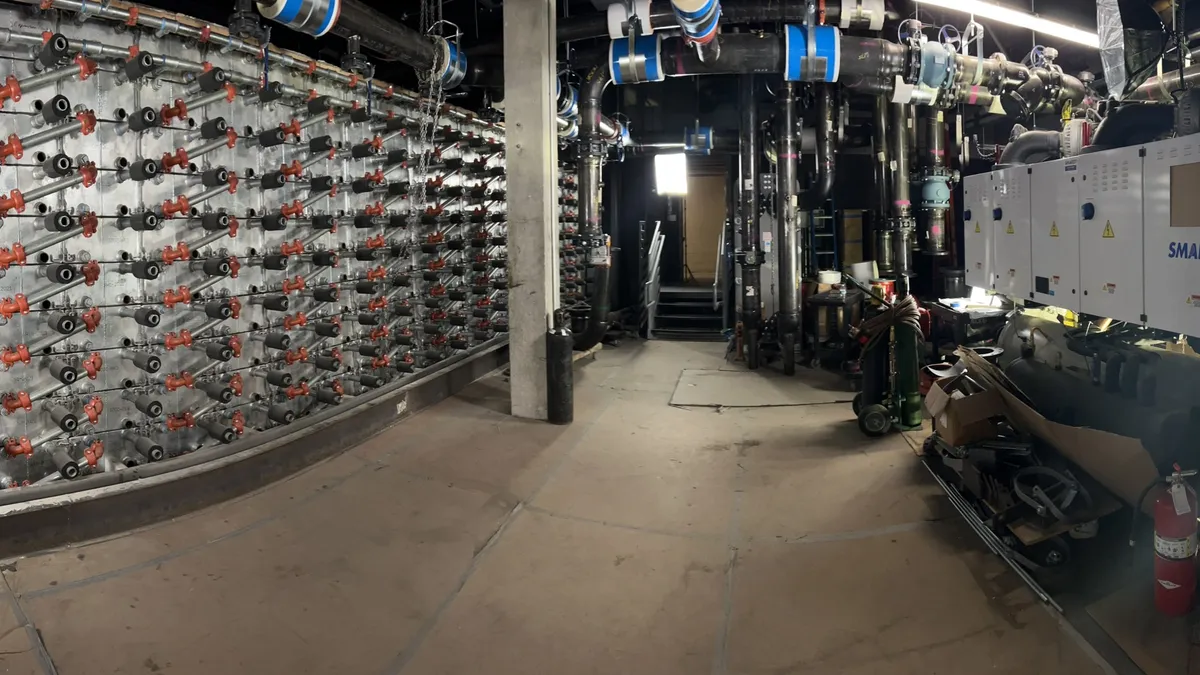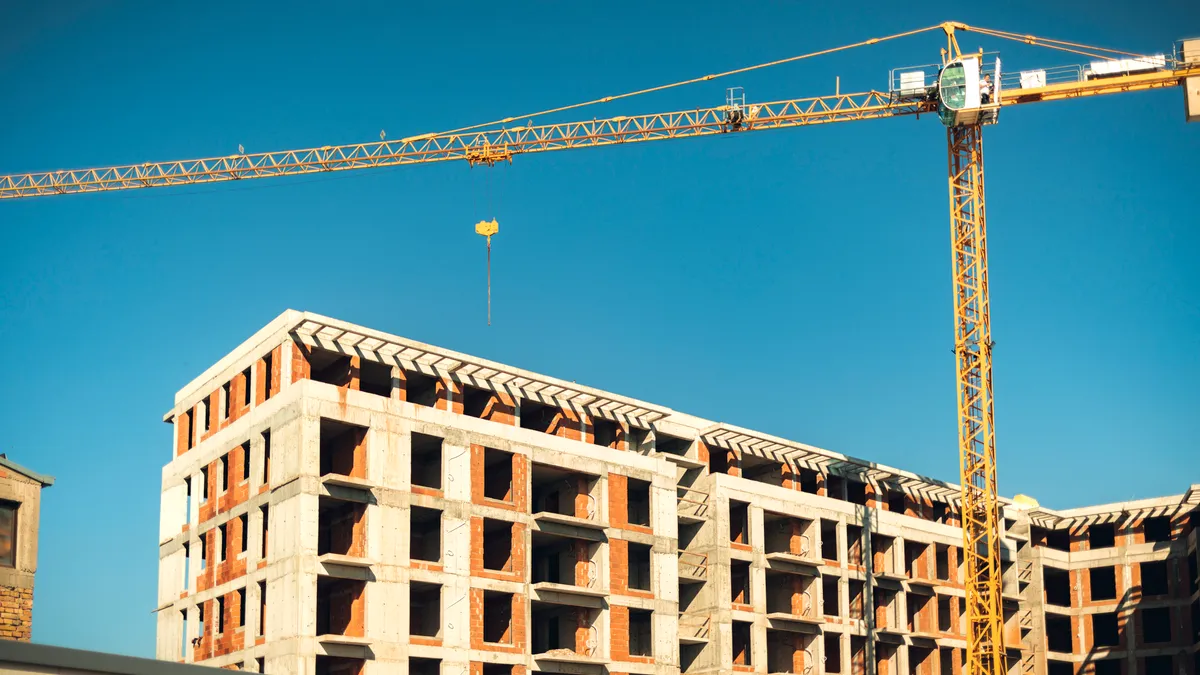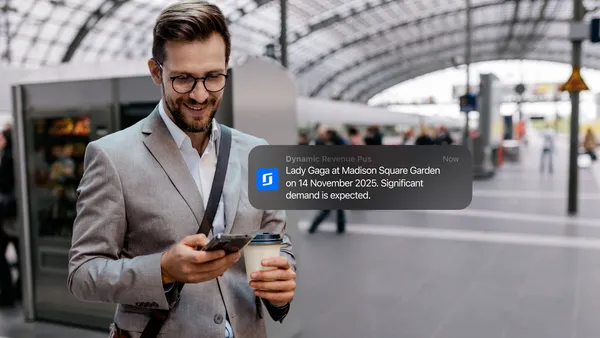The days of pandemic caution when it comes to holiday travel are (mostly) over. With fears over health and safety largely in the rearview, Americans are hitting the road for the holidays in higher numbers.
“It’s going to be the biggest holiday season in a long time,” said Lindsey Roeschke, lead travel and hospitality analyst at Morning Consult.
According to Deloitte’s 2023 holiday travel survey, which polled 5,000 Americans, hotels in particular will benefit from the travel surge. The share of travelers that plan to stay in hotels this holiday season is 56%, a significant jump from last year’s 35%, the survey found.
“Hospitality is back in a really big way,” said Matt Usdin, a principal at Deloitte Consulting.
But there’s more for hoteliers to watch out for than higher travel volumes this year. Holiday travelers in 2023 are more tech-savvy, more eco-conscious and more loyal to brands that offer deals. They’re also more likely to be baby boomers.
A busier-than-usual season
Some 32% of Americans are likely to travel overnight for Thanksgiving, and 34% are likely to do so for Christmas, according to a survey of 4,006 adults conducted in September by Morning Consult on behalf of the American Hotel & Lodging Association.
Travelers’ attitudes have, for the most part, returned to pre-pandemic norms, the survey noted, with 71% of Americans saying their likelihood of staying in hotels is the same as it was prior to the pandemic. And nearly 70% of business travelers said their employers have either returned to the pre-pandemic standards or increased amounts of business travel.
Of travelers surveyed, 45% said they are more likely to stay in a hotel this holiday season than they were last year.
The survey reflects what other forecasters have predicted. Earlier this month, AAA forecasted that 55.4 million Americans would travel for Thanksgiving this year, an increase of 2.3% over 2022 and the third-highest Thanksgiving forecast since AAA began tracking holiday travel in 2000.
Generational trends
In addition to volume, the makeup of U.S. travelers is also changing.
In 2022, baby boomers made up one-fifth of U.S. holiday travelers. This year, Deloitte predicts, they’ll constitute one-third. That’s bound to uplift hotels.
“Boomers tend to spend much more per trip compared to Gen Z and millennials,” Usdin told Hotel Dive. “And so we think that's also contributing to the likelihood of [travelers] staying in hotels, given the preference for paid stays is equally up as well.”
And though boomers tend to spend more on each trip than younger generations, Deloitte found that Gen Z and millennial travelers plan to travel more frequently. “We're also seeing them be more interested in thinking about traveling more sustainably,” Usdin said.
Some 23% of Gen Z and 25% of millennial travelers are prioritizing hotels with higher sustainability ratings, Deloitte found. That’s compared to just 14% of boomers.
Where the travel dollars go
Though there’s interest in short-term rentals, “the general tendency still is towards hotels,” Roeschke told Hotel Dive.
Now that price sensitivity is creeping up again, that doesn’t necessarily mean that people are not buying. They may be looking for alternative ways to buy.

Lindsey Roeschke
lead travel and hospitality analyst at Morning Consult
Though travelers are more likely to be booking paid accommodation (as opposed to staying for free with family and friends) this holiday than last year, they’re finding ways to reduce their spending.
“People were experiencing some sticker shock around the holidays last year, and as a result, maybe not booking paid transportation or accommodation because of that. That really dropped at the beginning of the year,” Roeschke said.
“Now that price sensitivity is creeping up again, that doesn't necessarily mean that people are not buying,” she added. “They may be looking for alternative ways to buy.” Roeschke noted a “pretty significant uptick” in people using points or rewards to cover a booking.
Emerging travel tech
When it comes to making those bookings, professional services company PwC found that half of the holiday travelers it surveyed said they would use online booking sites, while one-third said they would book directly to the travel provider.
Plus, more travelers are open to using AI than ever before. Of the 718 holiday travelers who use emerging technologies surveyed by PwC — predominantly men aged 17 to 40 — 65% said they planned to use AI to assist in the travel planning process. The most popular use for AI in the travel planning process was recommending places to stay.
Of the places travelers are booking, branded hotels remain the most popular, with PwC finding that 46% of holiday travelers plan to stay in one this season.
Preparing for the rush
As travelers hit the road for the holidays, hotels will have to adjust to their heightened numbers — no easy feat amid ongoing staffing challenges.
“Hotels are going above and beyond to take excellent care of guests as travel approaches pre-COVID levels,” AHLA President and CEO Chip Rogers said in a statement. Though he also noted the “workforce challenges” keeping hotels understaffed and reiterated the need for government actions the organization has been pushing for to alleviate the labor shortage, such as a work visa program extension.
But, as Roescke noted, the U.S. hotel industry already made it through one busy period this year: the summer high season. Of the increased holiday demand, she said, “I feel like this is not a surprise.”
“It continues a trend that we saw over the summer,” she added. “Travel volumes were really, really high over the summer high season, so I would imagine that the industry is prepared for it now.”





